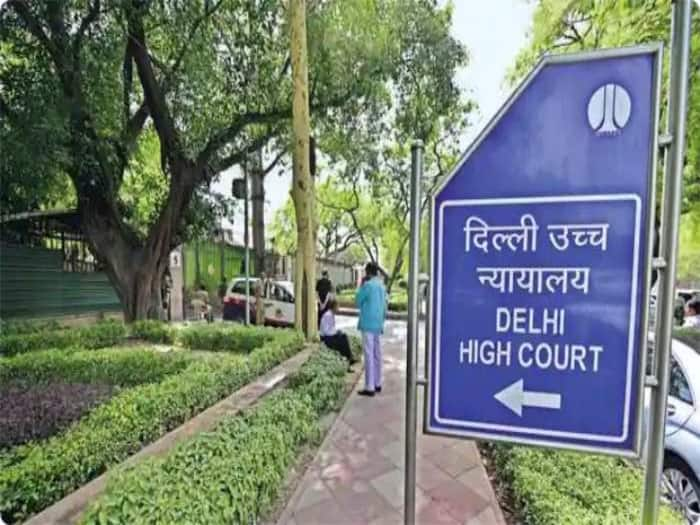The Delhi High Court has upheld the constitutional validity of Section 171 of the Central Goods and Services Tax (CGST) Act, 2017, which requires companies that save taxes to reduce their prices.
New Delhi: The Delhi High Court on Monday upheld the constitutional validity of Section 171 of the Central Goods and Services Tax (CGST) Act, 2017, which stipulates that whatever companies save in tax, they have to reduce in price. The Supreme Court further said that the anti-profiteering provisions and other related rules of the 2017 Act are in the nature of beneficial legislation as they promote consumer welfare.
What does the court's request require
Following the batch of over 100 petitions filed by various institutions including Philips India, Reckitt Benckiser, Gillette India and Procter and Gamble Home Products, a bench of Acting Chief Justice Manmohan and Justice Dinesh Kumar Sharma pronounced the judgment: “The constitutional validity of section 171 of the (CGST) Act, 2017 as well as rules 122, 124, 126, 127, 129, 133 and 134 of the (CGST) Rules, 2017 are upheld.”
The court further elaborated that Section 171 of the CGST Act, 2017 provides that tax foregone must be passed on as a proportionate reduction in price and it is a consumer welfare measure introduced in public interest. The rules in question relate to the establishment and functioning of the National Anti-Profiteering Authority (NAA).
The court also conceded that there could be cases of arbitrary exercise of power under the anti-profiteering mechanism, but the solution lay in setting aside such an order on merits and not striking down the very provision restricting such power in the authority invests.
“This court clarifies that it is possible that there could be arbitrary exercise of power under the anti-profiteering mechanism by expanding the scope of the proceedings beyond the jurisdiction or by not taking into account the real basis of variations in other factors such as cost escalations offsetting the reduction, skewed input credit situations etc,” the order said.
What prompted the companies to go to court
After the NAA directed the companies with various activities to pass on the proportionate benefits of the reduction in tax rate, input tax credit, along with interest to its consumers, several companies filed a petition in the court requesting that Section 171 fell outside parliamentary authority. .
“The Authority's mandate is very specific in nature and resembles a fact-finding exercise. This Court is of the view that NAA is primarily an investigative body to investigate whether suppliers have passed on the benefit to their recipients through discounted prices as prescribed by Section 171 of the 2017 Act,” it added.
The court also held that the GST collected by a seller at a higher price after the government has sacrificed its revenue in favor of the buyer should rightly be included in the “amount benefited” and section 171 prescribes that “whatever also saves on taxes, the price should be reduced.”
Pronunciations From The Supreme Court
The court further stated, “The anti-profiteering provisions in the 2017 Act and Rules 2017 are in the nature of beneficial legislation as they promote consumer welfare. The courts have consistently held that favorable legislation must be given a liberal construction that favors consumers and furthers the intent and purpose of the law.”
The honorable court also held that Article 171 is not in any way inconsistent with Article 19(1)(g) which has the 'right to engage in any profession or profession' of the Constitution of India as it is not a price fixing mechanism was, and the suppliers do. not have any ownership interest in the amount reduced by the government for the benefit of consumers through the process of tax reduction.
“This Court is further of the view that the present batch of cases concerns amounts which have been waived by the tax authorities in favor of the consumers, but which have, however, been misappropriated by the petitioners/suppliers and/or used in their business and/or have been used for cross-subsidization and/or passed on as a special discount to the trader or consumer.
“Therefore, there cannot be any ownership interest of the suppliers in such amount given up by the government for the benefit of the consumers by way of tax reductions and no legal or constitutional right can be asserted on that basis,” the court added to it.
However, it stated that since the circumstances of each case and sector may differ, there can never be a fixed, consistent technique or mathematical formula for determining profiteering.
It further held that there was no justification for the argument that the Authority has been given unlimited powers or that the NAA scheme has an appropriate redress mechanism.
The petitioners' argument that Section 171 was beyond Parliament's power to legislate was also rejected by the court.
(With input from agencies)


